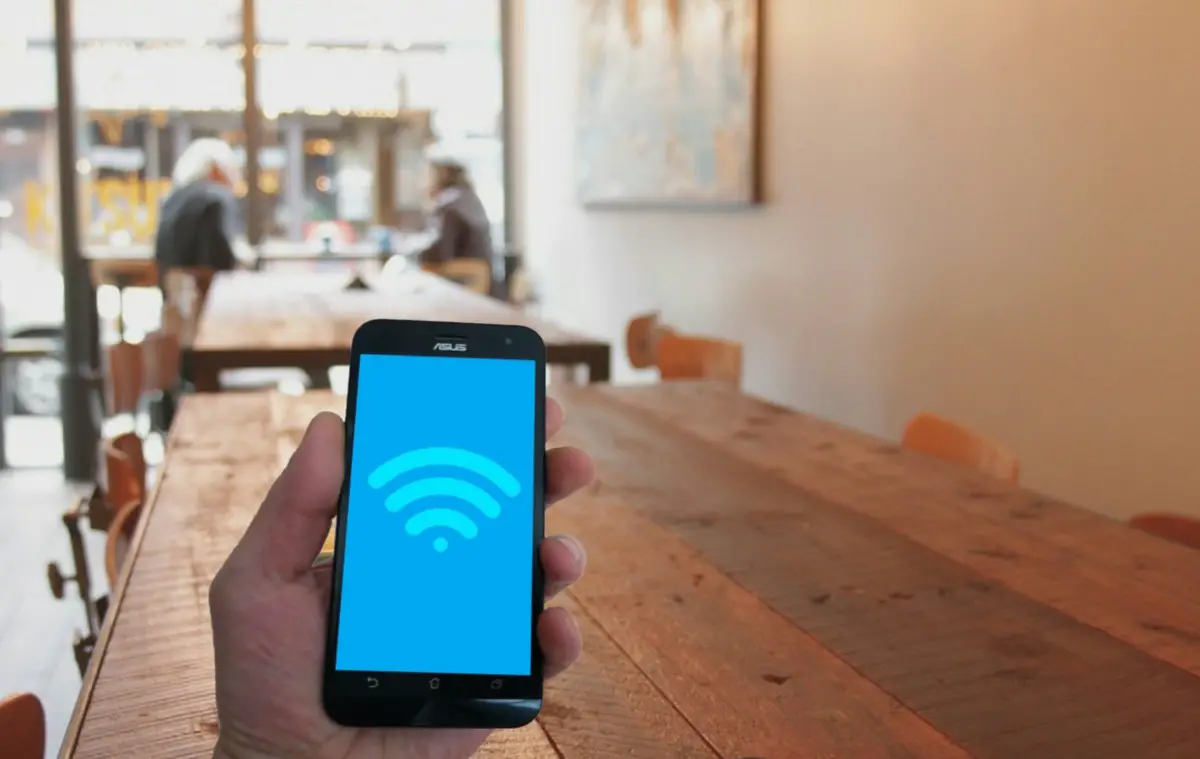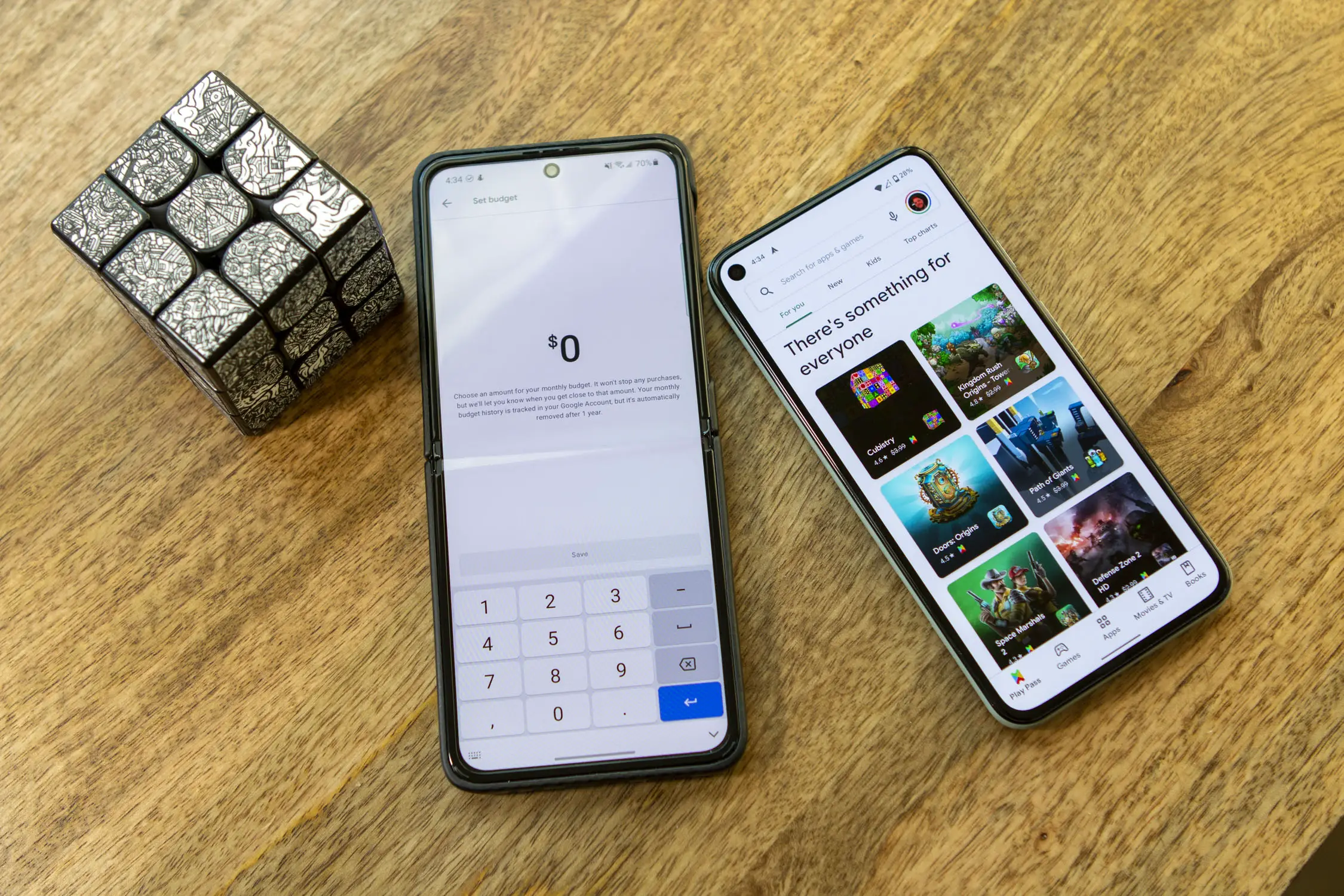The key to a strong password is making it as complicated as possible, usually through a combination of upper and lowercase letters, numbers, and sometimes even special characters where allowed. The idea is that by making it complicated, it would make it harder for hackers to guess your password even through brute force hacking methods.
While ideal, it’s not practical since it would mean having to remember different passwords for different login services, which is why passkeys was created as a password-less alternative. For those who are fans of passkey, you might be pleased to learn that Google has announced that passkeys will now be offered as the default login method for personal Google accounts.
Earlier this year we rolled out support for passkeys, a simpler and more secure way to sign into your accounts online. We’ve received really positive feedback from our users, so today we’re making passkeys even more accessible by offering them as the default option across personal Google Accounts.
This means the next time you sign in to your account, you’ll start seeing prompts to create and use passkeys, simplifying your future sign-ins. It also means you’ll see the “Skip password when possible” option toggled on in your Google Account settings.
This doesn’t mean that Google is doing away with passwords entirely. Google notes in their blog post that it will probably take some time for people to eventually warm up to the idea of passkeys, so passwords will still be offered as an option, but Google is definitely encouraging users to take advantage of passkeys.
But while they’re a big step forward, we know that new technologies take time to catch on — so passwords may be around for a little while. That’s why people will still be given the option to use a password to sign in and may opt-out of passkeys by turning off “Skip password when possible.”
For those who are unfamiliar, passkeys are a new way of logging into your online accounts and services without the need to create or remember complicated passwords. Instead, it relies on a device, like your smartphone, to act as an authenticator, similar in a way to how physical security keys are used.
By using your phone’s fingerprint or facial recognition system, it allows you to log into your accounts in a more secure manner and makes it harder to fall for phishing scams. The only downside to passkeys is that not all apps and websites support the feature yet, so availability is still a bit limited for now.
Source: Google












Comments